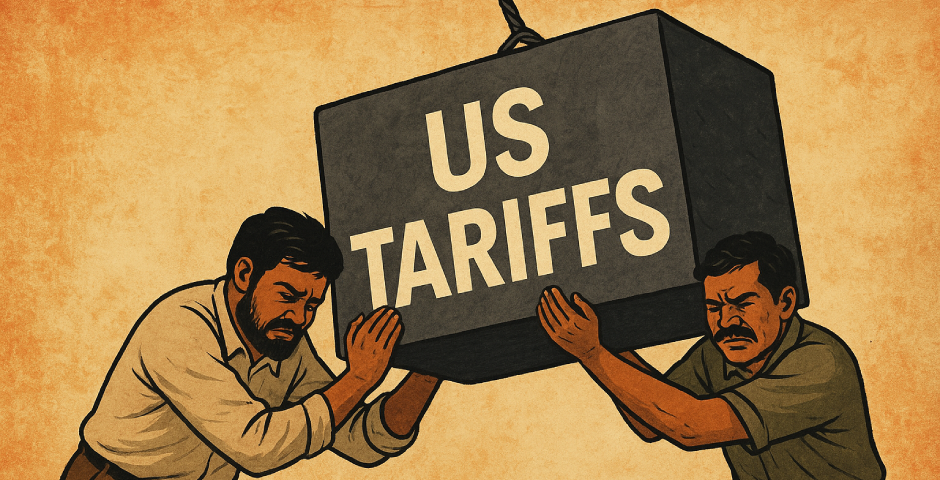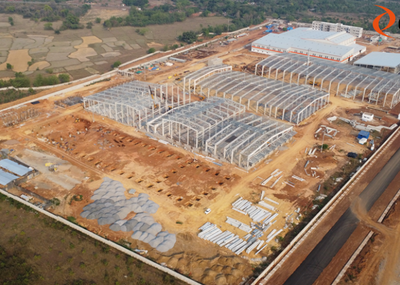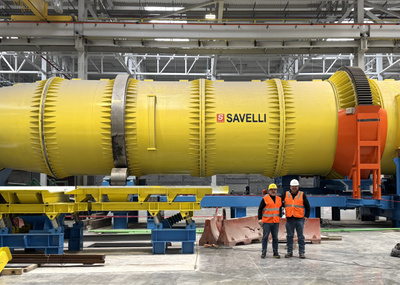Severe Impact on Small Foundries
In Kolkata, a hub for sanitary castings, many plants have slowed or halted operations. Entrepreneurs like Vijay Shankar Beriwal (Calcutta Iron Udyog) see the tariffs as an existential threat: while existing U.S. orders are being completed, new ones are scarce. More than 200,000 workers in over 5,000 mostly small foundries are at risk.
Export Dependence and Market Distortions
In 2023, India exported iron, steel, and aluminum products worth USD 4.56 billion to the U.S. With the new tariffs, exports could fall by up to 85%. Many producers are now shifting goods to the domestic market, causing price pressure, discounting, and fiercer competition. At the same time, cheap steel from China is flooding India, further straining local producers.
Government Response
Trade Minister Piyush Goyal has downplayed the significance of U.S. exports, but industry leaders are demanding urgent relief. Measures under discussion include interest subsidies, credit guarantees, and reduced certification fees. A safeguard duty of 12% on certain steel products is also being considered to protect the domestic market from Chinese dumping. Meanwhile, India is seeking a trade agreement with the U.S. to ease tariff pressure.
Outlook
With additional U.S. counter-tariffs looming and the EU’s Carbon Border Adjustment Mechanism (CBAM) coming into force in 2026, India’s export-oriented foundries face mounting challenges. Industry insiders warn that without swift government intervention, many SMEs could face closures and mass layoffs by 2026.
Source: DW










